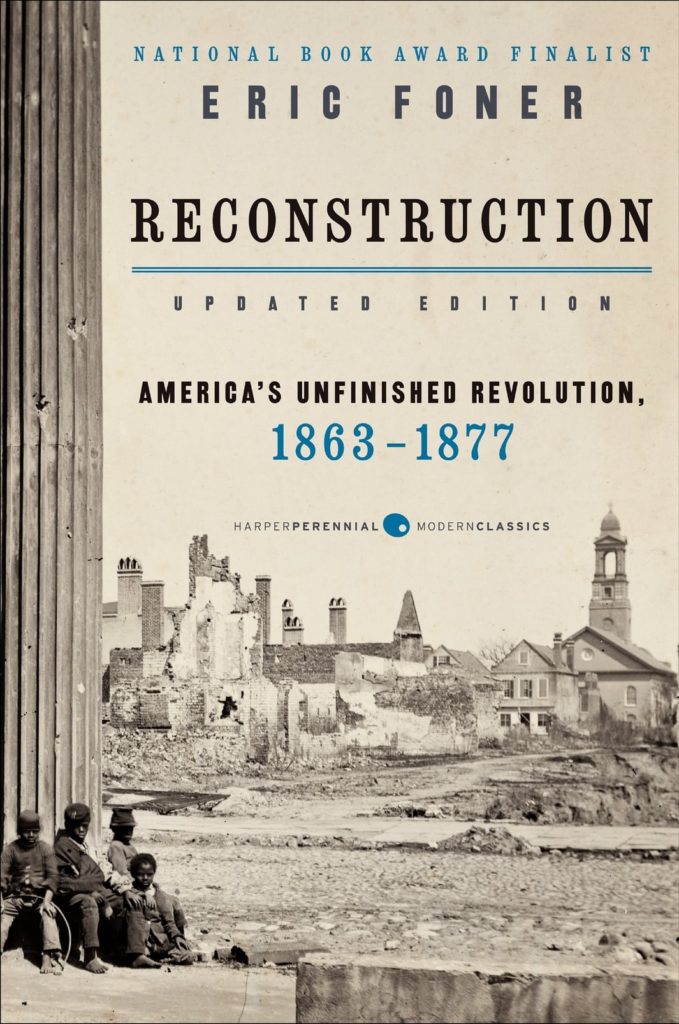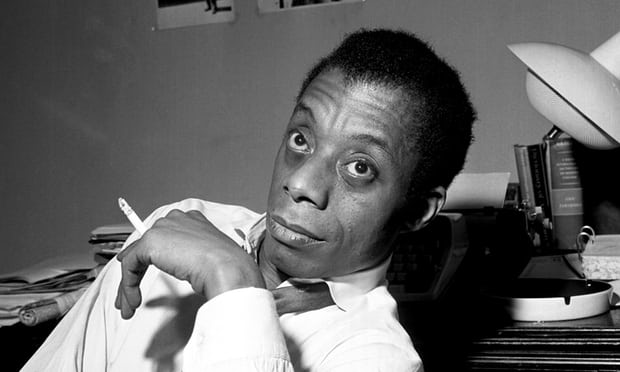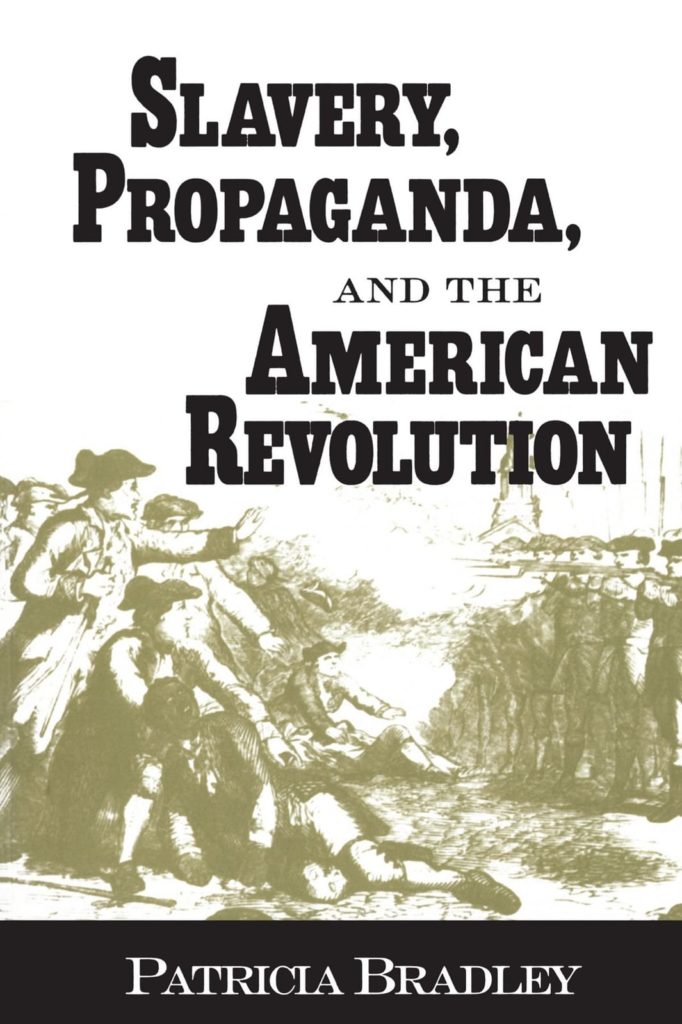
Friday 18 August 2017
It took Donald Trump two days to condemn the white supremacists who held the recent alt-right rally in Charlottesville that resulted in the death of civil rights activist Heather Heyer.
The US president’s response? To sympathize that members of this group of white nationalists are “fine people”. But as Seth Myers noted, no one gets accidentally caught up in a white supremacist rally. Even though the march, as captured in photos, looks like a throwback to Ku Klux Klan rallies of the 1920s, hate groups are unfortunately not a thing of the past. Since 2014 their number across the country has risen 17% to a total of 917 groups in the US, according to a report from the Southern Poverty Law Center.
Much is still to be learned about the history of white supremacy in America, and not only by Trump (whom Stephen Colbert called a “racist grandpa” on Wednesday). Five history professors, pundits and human rights organizations have recommended five historical titles that shed light on the history of white supremacy in the country.
Slavery, Propaganda, and
the American Revolution
by Patricia Bradley
Written in 1998 by a Mississippi-based writer, this book outlines the origins of the propaganda movement during the American Revolution. The Boston Gazette, published from 1719 to 1798, was an important newspaper in the period leading up to America’s split from Great Britain. But the paper misled its readers by misreporting and distorting news accounts about slavery in the face of a strong anti-slavery movement. It excluded anti-slavery essays and refused to publish petitions by slaves. “The American Revolution refused to see slaves as human beings although slavery was the war’s authorizing rhetoric,” said Barbara Lewis, director of the Trotter Institute for the Study of Black Culture at the University of Massachusetts in Boston. “The history we tell and publicly recite to ourselves and our children, which we religiously venerate, is due a revision. Clearly, Trump does not want that can of worms to be opened.”
White Rage: The Unspoken Truth
of Our Racial Divide
by Carol Anderson
This title illustrates how white supremacy over the past 150 years has halted the progress of civil rights for Americans when it comes to access to basic human needs like healthcare, education and housing.
The award-winning book had its genesis as a Washington Post op-ed after the 2014 riots in Ferguson, Missouri following the death of an unarmed black man, Michael Brown, at the hands of a white police officer. While some media pundits described the unrest as “black rage”, the book’s author, a professor of African American studies at Emory University, traced it to “white rage at work”. “If you’re wondering ‘how did we get here?’ after the events in Charlottesville, this book helps answer that question,” said Amanda Chavez Barnes, deputy director of the US Human Rights Network. “Many people have remained in denial about the role of white supremacy in America,” she said, adding, “Even now they are unwilling or unable to recognize white rage until it appears as the torch-carrying, screaming face of violence and murder that we saw in Charlottesville.”
White Flight: Atlanta and the
Making of Modern Conservatism
by Kevin M. Kruse
The winner of three book awards in 2007, this book takes us back to the 1960s and 1970s, a time when white Americans fled to Atlanta’s suburbs as a form of segregation in reaction to the civil rights movement. This was a time when southern conservatives resisted integration by opening their own private schools known as “segregation academies”. The book tracks white opposition to civil rights and links southern discrimination with suburban sprawl. “The lesson for today, I think, lies in how many whites dismissed civil rights activists as troublemakers who were creating disorder,” said Victoria Wolcott, chair of the history department at Buffalo University. “The activists, not the policies they opposed, were [deemed] responsible for any violence. The author helps us understand how mainstream conservative thought also has its roots in more openly racist policies.”
Reconstruction:
America’s Unfinished
Revolution, 1863-1877
by Eric Foner
Widely recognized as the go-to book for understanding the Reconstruction era, it outlines how America failed to achieve racial equality after the Civil War in 1863. Following the lives of black and white Americans, the book describes a time when freed slaves gained citizenship and society in the south changed along with racial attitudes. “It has only become more topical in recent days with neo-Nazis on the march and the United States focused on its sordid history of white supremacy,” said Kyle Kondik, the managing editor of a political newsletter at the University of Virginia’s Center for Politics.

Foner ends his book with the following two sentences: “Nearly a century elapsed before the nation again attempted to come to terms with the implications of emancipation and the political and social agenda of Reconstruction. In many ways, it has yet to do so.”
Kondik observed: “Nearly 30 years after the book was published, Foner’s words still ring true.”
The Fire Next Time
by James Baldwin
Written during the civil rights movement in 1963, this work is the voice of one black man living in Harlem. It consists of two long essays, one being “My Dungeon Shook — Letter to My Nephew on the One Hundredth Anniversary of Emancipation” and “Down at the Cross — Letter from a Region of My Mind,” which were first published in Progressive magazine and the New Yorker. Diaristic in tone, Baldwin’s book outlines the discrimination and problems the black community faced in the early 1960s, including the hypocrisy of churches. “There are a number of outstanding histories of white supremacy in its multiple manifestations, but nothing I’ve read surpasses the searing final section of this book,” said Kevin Boyle, an American history professor at Northwestern University. “Baldwin isn’t writing about specific supremacist movements but about the deeper meaning of white supremacy in the United States, the terrible tangle of hatred, fear, and denial that is as clear in our moment, as it was when Baldwin was writing half a century ago.”
via: https://www.theguardian.com/books/2017/aug/18/books-on-american-white-supremacy-history-racism#img-1


